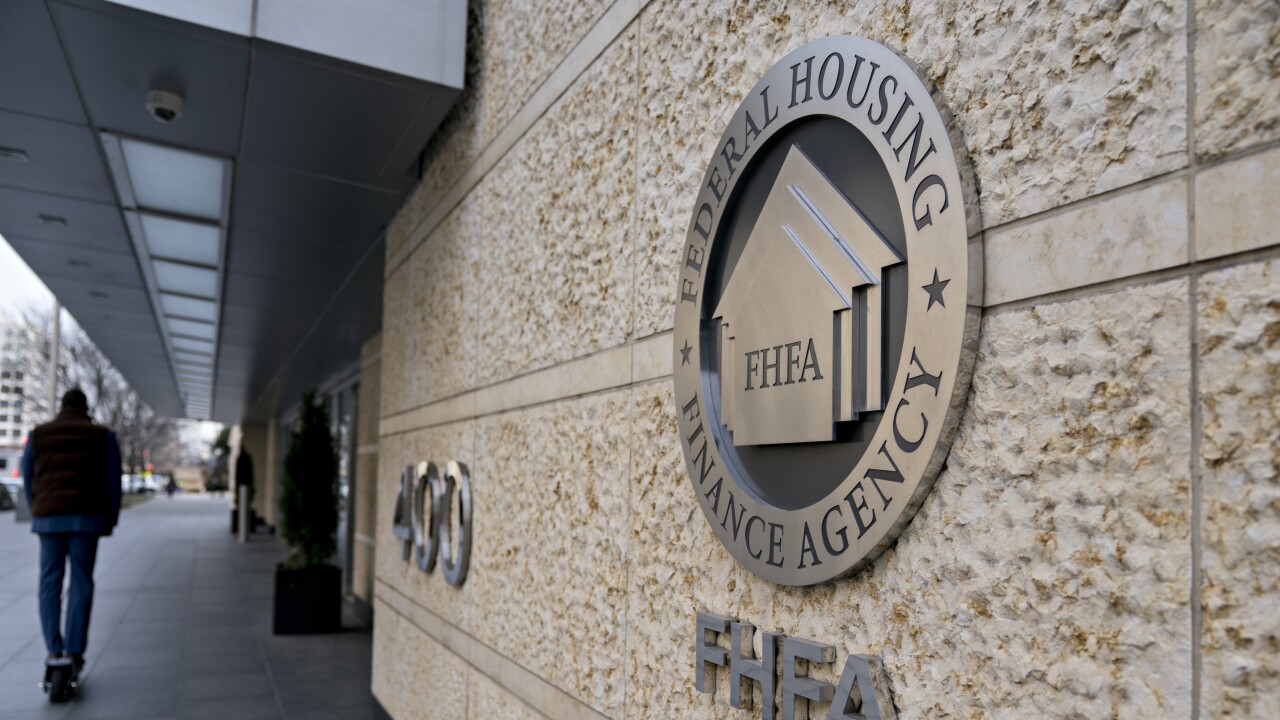More than one-third of prospective home buyers said they will
The survey of likely buyers over the next three years found the 2024 election influencing the decision making timeline of 60% of respondents. Among the entire cohort, 38% said they were opting to wait for more political certainty expected after this year's election season, according to the latest quarterly research from Veterans United Home Loans.
"Americans are considering the potential impacts of political changes on the economy and housing market, leading many to adjust their buying timelines accordingly," said Chris Birk, vice president of mortgage insight at Veterans United, in a press release.
"The upcoming election is clearly weighing on the minds of prospective homebuyers," he noted.
While research earlier this year found
This year's election is scheduled to take place on Nov. 5.
Pending sales this spring
The Veterans United survey, which included responses from both civilians and military personnel, found a larger share of the former likely to wait until after Election Day. Forty-three percent of civilians said they would wait to buy versus 35% of veterans.
At the same time, election season was pushing 18% of civilians to make a purchase before November compared to a 24% share of veterans.
Political considerations are not the only reason prospective homeowners are choosing to delay a purchase, though. Recent interest rate and housing price levels were cited by approximately half of survey respondents as reasons to hold off.
Buyers may also be willing to wait in expectation of improved economic conditions. Despite concerns about interest rates and prices, consumer confidence appears to be turning around, as 46% of veterans said they think the economy will be better off in one year. The percentage grew from 42% three months earlier and 33% a year ago. Civilian confidence was also higher compared to the end of 2023, Veterans United found.
Both cohorts were also largely in agreement about the most important issues leading up to November. Over three quarters of likely buyers in both groups ranked inflation among their top concerns. Over 70% also listed housing affordability as a key election issue.
Housing costs and policy took on a higher profile this election season compared to past cycles, following the
A recent poll from the University of Michigan found





